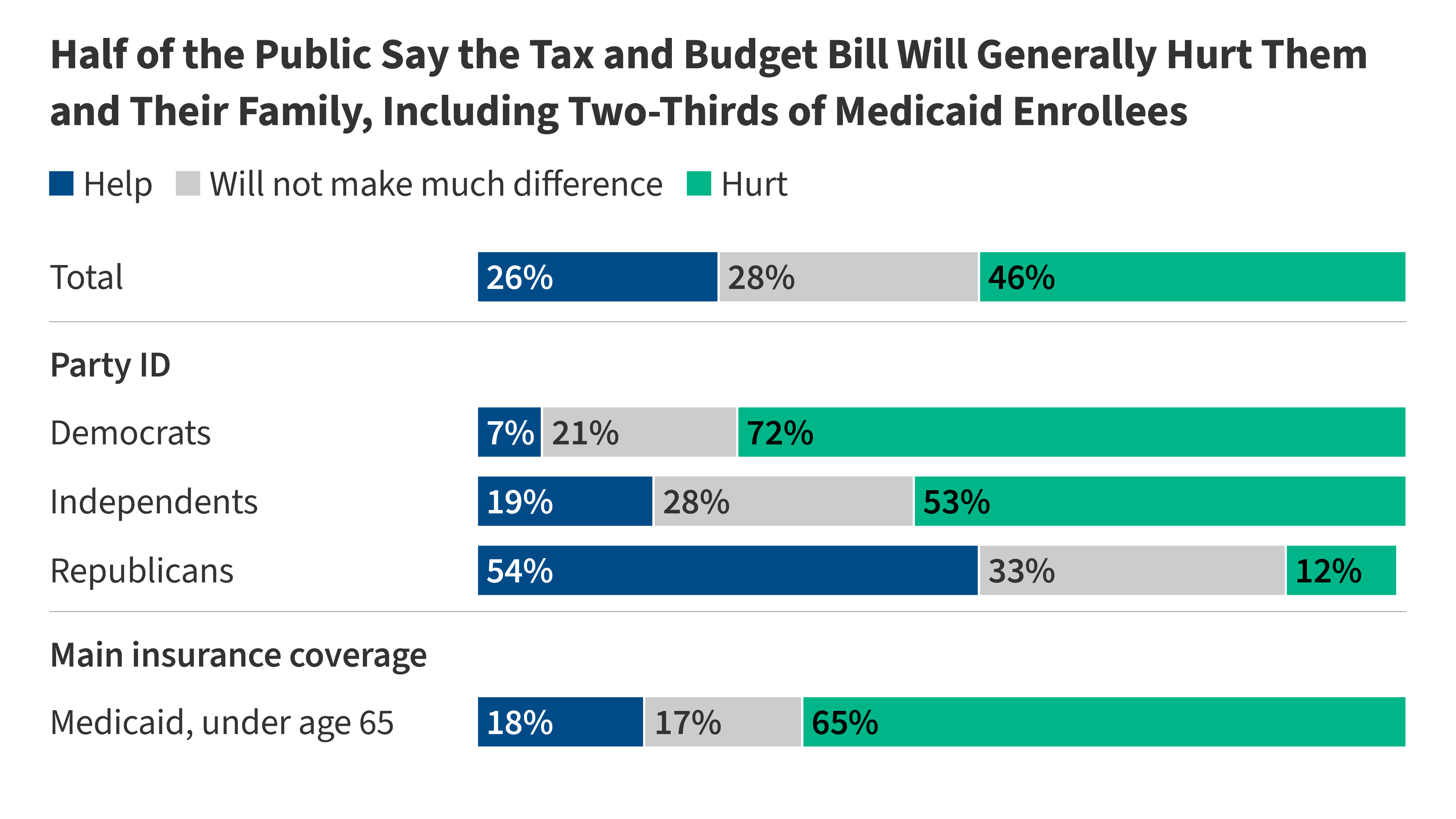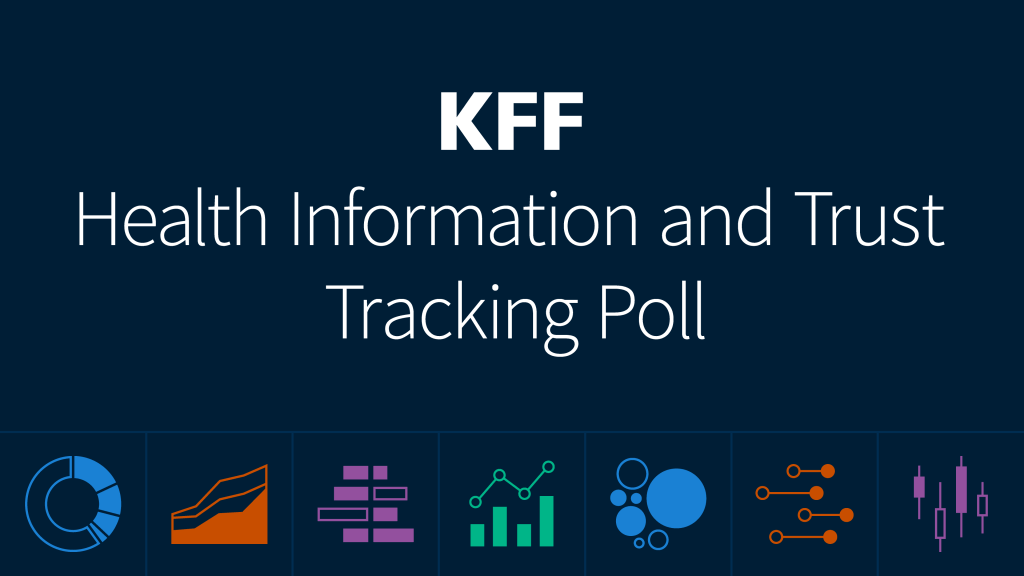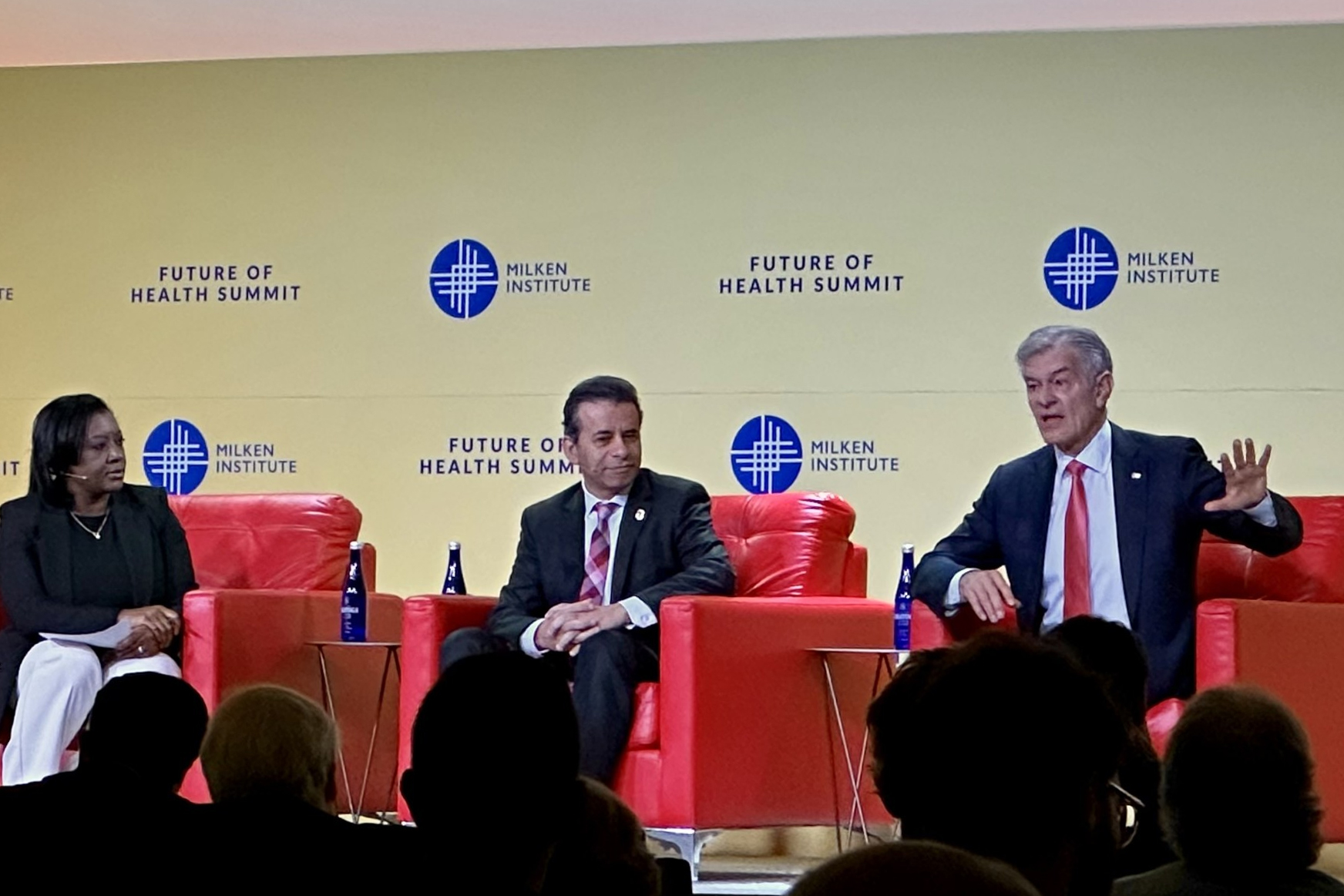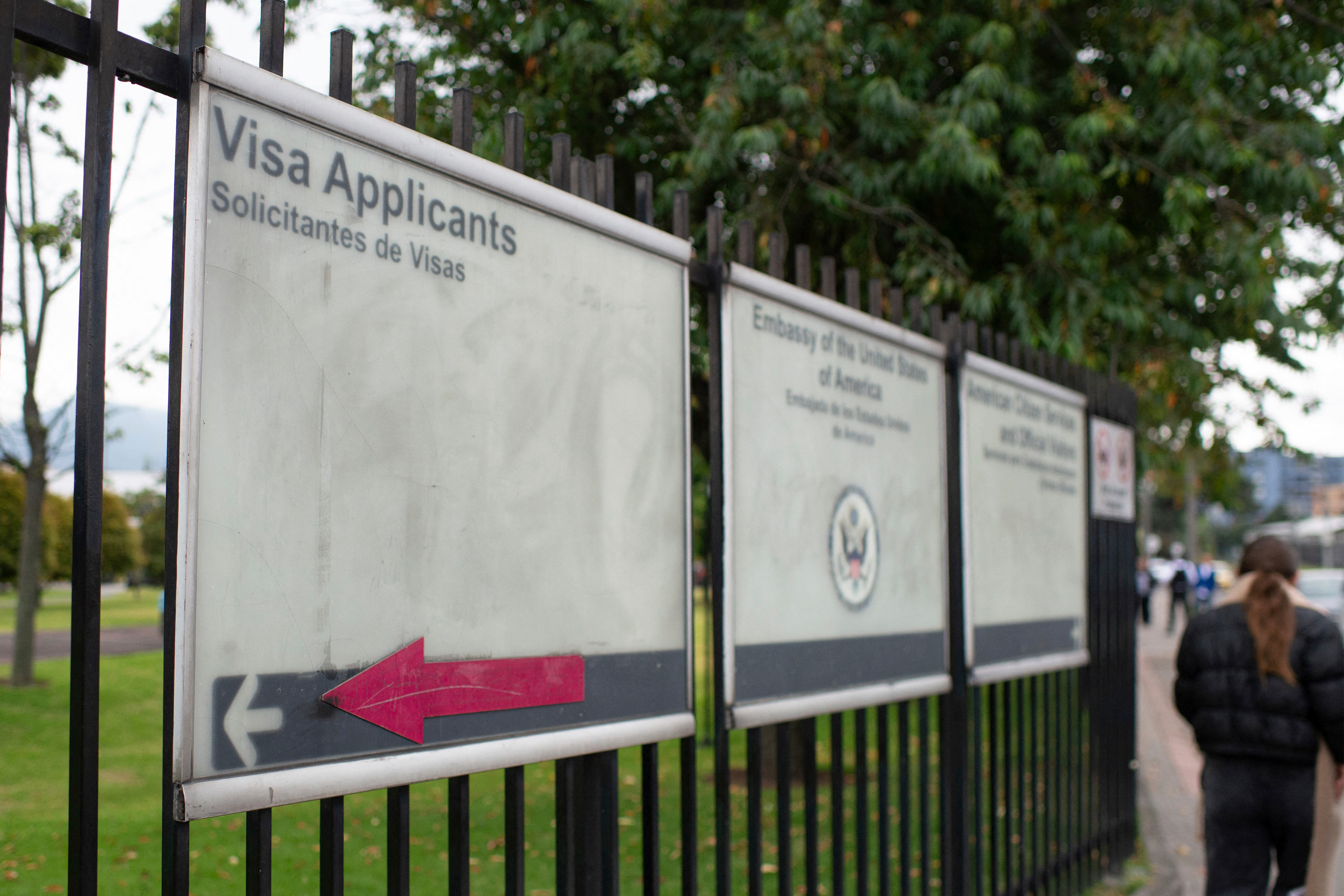KFF Health Tracking Poll: Public Use and Trust in Health Care Apps and Websites
As the Trump administration announces a new partnership with private companies and the Centers for Medicare and Medicaid Services to expand access to digital health tools like apps, this KFF Health Tracking poll finds that most adults have used these tools to manage their care. However, even amid widespread use of health care-related apps, majorities of adults are concerned about the privacy of their information, regardless of whether an app is managed by the government, a private technology company, or a health insurance company.






